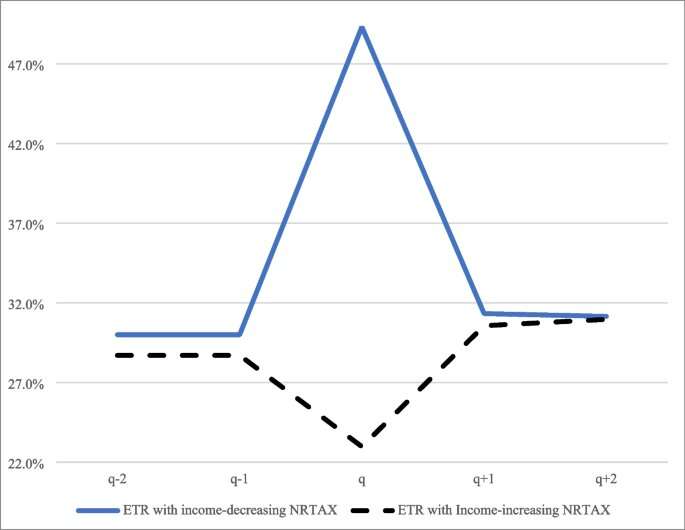One-time tax items aren't earnings misconduct

When investors try to forecast a company's future earnings by analyzing its current financial statements, a perplexing problem is how to interpret nonrecurring income taxes.
Those one-time tax items increase or reduce quarterly earnings. Should they be treated as unusual events, with no lasting impact? Or do they offer clues to possible corporate manipulation, like shifting tax expenses from one quarter to another to artificially boost earnings?
In new research from Texas McCombs, Dean and Accounting Professor Lillian Mills offers answers to such questions. She finds that most nonrecurring taxes stem from legitimate business causes rather than efforts to cook the books.
"Past research suggests that nonrecurring income taxes are driven by managerial opportunism," Mills says. "But we found that they're not associated with efforts to meet or beat analysts' earnings forecasts. In general, they're driven by economics, not by opportunism."
With Dain Donelson of the University of Iowa and Colin Koutney of George Mason University, Mills analyzed 68,139 quarterly earnings reports from 2007 to 2017. Their results offer insights on what nonrecurring taxes mean—and don't mean.
They're not uncommon
Such taxes occurred in 6% of all company-quarters and in all industries. For larger businesses with more complex finances, that figure rose to 10%.
They have economic causes
The most frequent triggers of nonrecurring taxes are:
- Tax-related events, such as audit resolutions and changes in tax laws.
- Accounting changes, like repatriating profits or revaluing assets.
- Corporate restructurings, such as mergers.
They don't affect future earnings
Nonrecurring income taxes had little predictive power for future profits.
They don't affect future taxes
Nonrecurring taxes did not predict a company's future tax rates or its likelihood of having to restate taxes it had previously filed.
"By better understanding nonrecurring income taxes, investors and analysts can make better earnings projections," says Mills. "Likewise, researchers need to understand these transitory items when they're analyzing a company's tax picture or seeking signs of earnings manipulation."
The study is published in the journal Review of Accounting Studies.
More information: Dain C. Donelson et al, Nonrecurring income taxes, Review of Accounting Studies (2022).
Provided by University of Texas at Austin



















